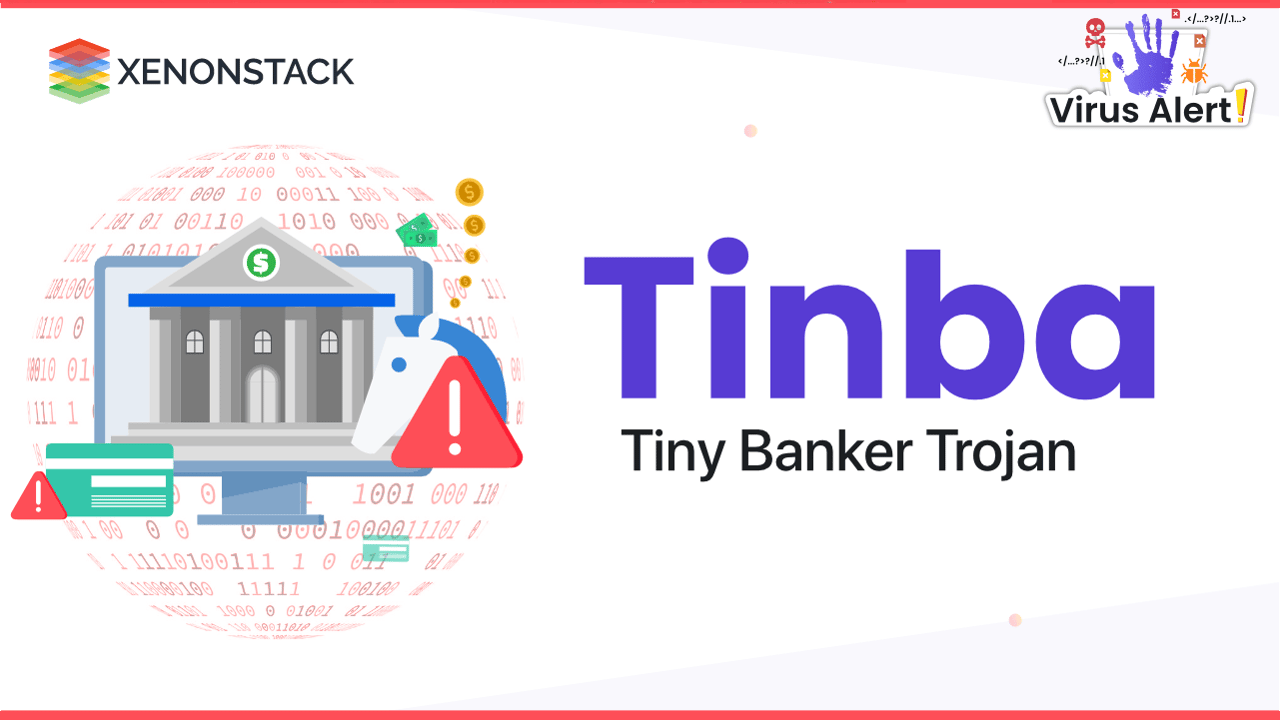
Remediation/Removal of Tinba Trojan
The most common ways that Tinba infects a system are once users transfer free computer code from unfamiliar websites, click on pop-up ads, click on infected links or attachments in phishing emails, or transfer content from the dark internet or torrent files.
Cleaning up a small Banker is challenging because it injects malicious code into legitimate processes. There are two primary choices for removing the trojan:
-
Most major anti-malware firms supply small Banker cleaners.
-
You can use a full system state backup to revive before infection. However, selecting a restored purpose can be challenging as a Tinba infection might not be in real-time obvious. Also, any changes created since the restoration purpose will be lost.
How to prevent Banking Trojans?
As the threat of thieving via banking trojans will increase, there area unit variety of the way that users will defend themselves:
1. Beware of phishing emails
While opening an email from an untrusted source or emails from a trustworthy supply that contains unusual content or requests, users shouldn't click links, execute files or open Microsoft workplace documents.
2. Committing native devices with security solutions
Modern security solutions will defend users from malware and different attack vectors. An honest security answer will effectively sight and block banking trojans by police work and malicious content in files or phishing messages. Notwithstanding users browse the net on a remote device, they should deploy well-known, effective anti-malware solutions.
3. Unusual behaviour
Users should look out for suspicious activity from banking and money services websites. They should pay special attention to new login fields they haven't seen before, notably after requesting personal knowledge. Users should consider what the bank generally doesn't elicit and look for minor flaws or changes within the website style or show.
4. Mobile application Installation from trustworthy sources
This is particularly necessary for banking applications. Downloading apps from famed and trustworthy sources like Google Play and Apple App Store doesn't guarantee users won't transfer malicious applications; however, it'll defend them from most threats.
5. Back up necessary files
Users ought to create offline copies of their most vital files on external devices or cloud storage services. Today's common banking trojans distribute malicious computer codes like ransomware once their initial section, which may deny users access to their files.
Conclusion
Tinba virus is known as a tiny banking Trojan. The attack methods can vary from e-mail spam, drive-by downloads, and Exploit Kit infection cycle. Metasecure actively monitors this malware family and ensures complete coverage for our clients.
Click here to explore more critical Viruses and their Remediations
.webp?width=1921&height=622&name=usecase-banner%20(1).webp)



